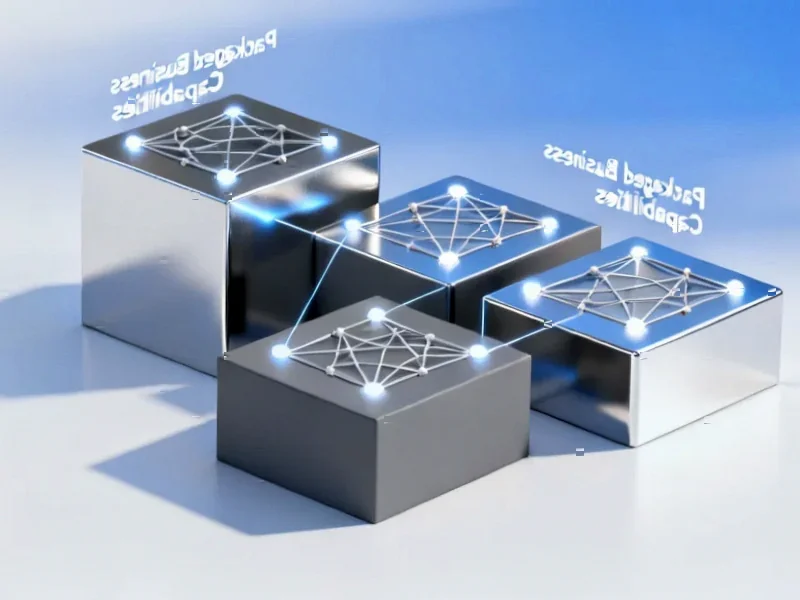As artificial intelligence systems become increasingly sophisticated, distinguishing humans from bots online presents growing challenges. Worldcoin’s eye-scanning orb technology reportedly offers a sci-fi-inspired solution through privacy-focused biometric verification.
The Challenge of Digital Identity in the AI Era
With artificial intelligence systems generating increasingly convincing synthetic content and automated bots proliferating across digital platforms, verifying human identity online has become both more critical and more challenging, according to industry analysts. Sources indicate that the ratio of bots to humans continues to shift unfavorably, creating vulnerabilities in digital trust systems and enabling new forms of AI-driven fraud.









